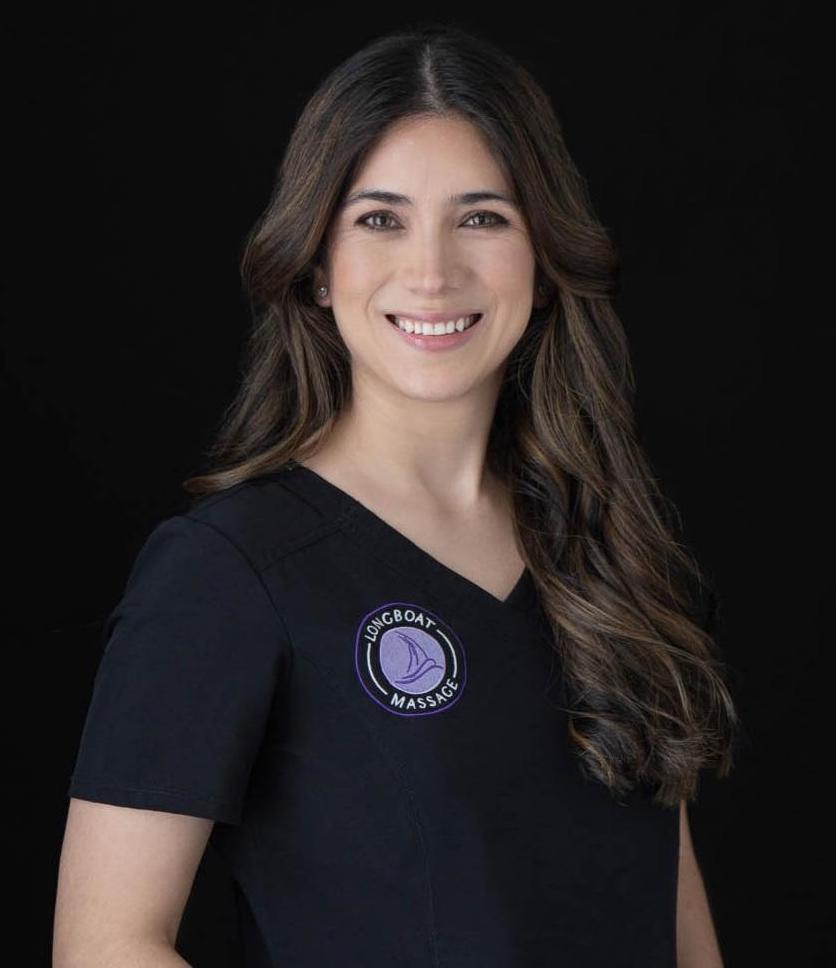Reflexology Massage
 Reflexology (zone therapy) is an alternative medicine, complementary, or integrated medicine method of treatment involving the physical act of applying pressure to the feet and hands with specific thumb, finger and hands techniques. It is based on what reflexologists claim to be a system of zones and reflex areas that they say reflect an image of the body on the feet and hands, with the premise that such work effects a physical change to the body. A 2009 systematic review of randomised controlled trials concluded that the latest available evidence does not show that reflexology is an effective treatment for any medical condition.
Reflexology (zone therapy) is an alternative medicine, complementary, or integrated medicine method of treatment involving the physical act of applying pressure to the feet and hands with specific thumb, finger and hands techniques. It is based on what reflexologists claim to be a system of zones and reflex areas that they say reflect an image of the body on the feet and hands, with the premise that such work effects a physical change to the body. A 2009 systematic review of randomised controlled trials concluded that the latest available evidence does not show that reflexology is an effective treatment for any medical condition.
The Reflexology Association of Canada defines reflexology as:
“A natural healing art based on the principle that there are reflexes in the feet, hands and ears and their referral areas within zone related areas, which correspond to every part, gland and organ of the body. Through application of pressure on these reflexes without the use of tools, crèmes or lotions, the feet being the primary area of application, reflexology relieves tension, improves circulation and helps promote the natural function of the related areas of the body.”
There is no consensus among reflexologists on how reflexology is supposed to work; a unifying theme is the idea that areas on the foot correspond to areas of the body, and that by manipulating these one can improve health through one’s qi. Reflexologist say that the body is divided into ten equal vertical zones, five on the right and five on the left. There are also three transverse lines, the upper region of the shoulder girdle, the waistline, and the pelvic floor. Concerns have been raised by medical professionals that treating potentially serious illnesses with reflexology, which has no proven efficacy, could delay the seeking of appropriate medical treatment. Reflexology is proposed by reflexologists as a complementary therapy and should not replace medical treatment. A systematic review of the efficacy of reflexology found one study showing a statistically significant effect in the treatment of urinary symptoms in multiple sclerosis patients. All other conditions reviewed in this study showed no evidence of any specific effect a period.




